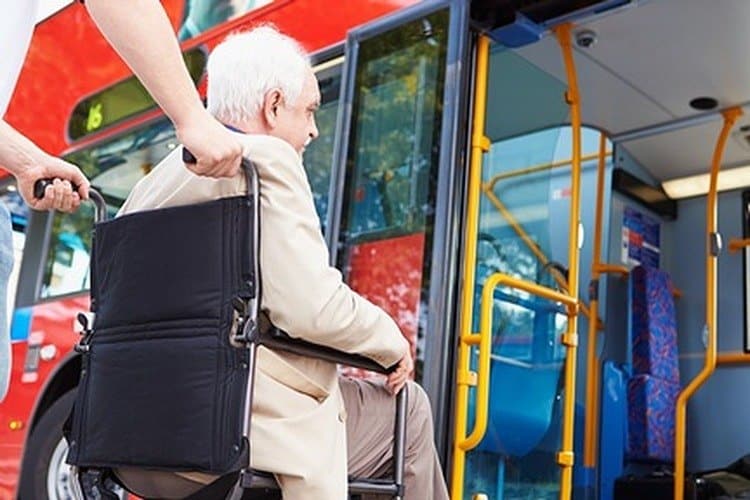Assisting with Mobility

Caring for a loved one with mobility challenges can be both rewarding and demanding. Whether due to aging, illness, or injury, mobility issues can impact daily life and independence. As a family carer, providing the right support can significantly improve your loved one’s quality of life while also ensuring their safety. Here are some essential tips for assisting with mobility.
For further guidance, visit the NHS Mobility Aids Guide for advice on choosing the right equipment.
1. Create a Safe Home Environment
A well-organized and hazard-free home is key to preventing falls and accidents. Consider these adjustments:
- Remove loose rugs and clutter from walkways.
- Install grab bars in key areas like bathrooms and stairways.
- Ensure adequate lighting, especially in hallways and staircases.
- Use non-slip mats in the bathroom and kitchen.
For more fall prevention tips, check out the Age UK Falls Prevention Guide.
2. Encourage Safe and Active Movement
While mobility challenges can limit movement, encouraging safe activity helps maintain strength and independence.
- Support your loved one in doing simple exercises recommended by a physiotherapist.
- Promote safe walking routines, even if it’s just short distances within the home.
- Consider mobility aids such as walkers or canes to improve stability.
Read about beneficial exercises at Versus Arthritis – Keeping Moving.
3. Use Proper Lifting and Transfer Techniques
Helping someone move from a chair, bed, or wheelchair requires proper technique to prevent injury:
- Bend your knees and keep your back straight when lifting or supporting.
- Encourage your loved one to participate in movements as much as possible.
- Use transfer aids like slide sheets or hoists when necessary.
Visit the Carers UK Lifting and Handling Guide for further advice.
4. Choose the Right Mobility Aids
Mobility aids can make a significant difference in comfort and safety. Options include:
- Walking sticks or canes for mild support.
- Walkers or rollators for additional stability.
- Wheelchairs for those with limited walking ability.
- Stairlifts for multi-level homes.
Find more details on assistive devices at Disabled Living Foundation.
5. Support Emotional Well-Being
Mobility challenges can be frustrating and emotionally taxing. As a family carer, providing emotional support is just as important as physical assistance:
- Encourage social interactions to prevent isolation.
- Be patient and offer reassurance to boost confidence.
- Involve them in daily decisions to promote independence.
For mental well-being tips, visit Mind UK.
6. Seek Professional Advice and Support
You don’t have to do it alone. Reach out to healthcare professionals for guidance:
- Physiotherapists can suggest appropriate exercises and mobility techniques.
- Occupational therapists can assess home modifications and recommend assistive devices.
- Support groups and respite care services can offer additional help and relief for carers.
Conclusion
Assisting with mobility requires patience, knowledge, and the right tools. By creating a safe environment, encouraging movement, and using proper techniques, family carers can help their loved ones maintain independence and quality of life. If you need additional support, our team at Caremark Barking and Dagenham is here to help. Visit our Contact Us page to learn more about our services for mobility support and home care.
Would you like additional details on specific mobility aids or carer support resources? Let us know!